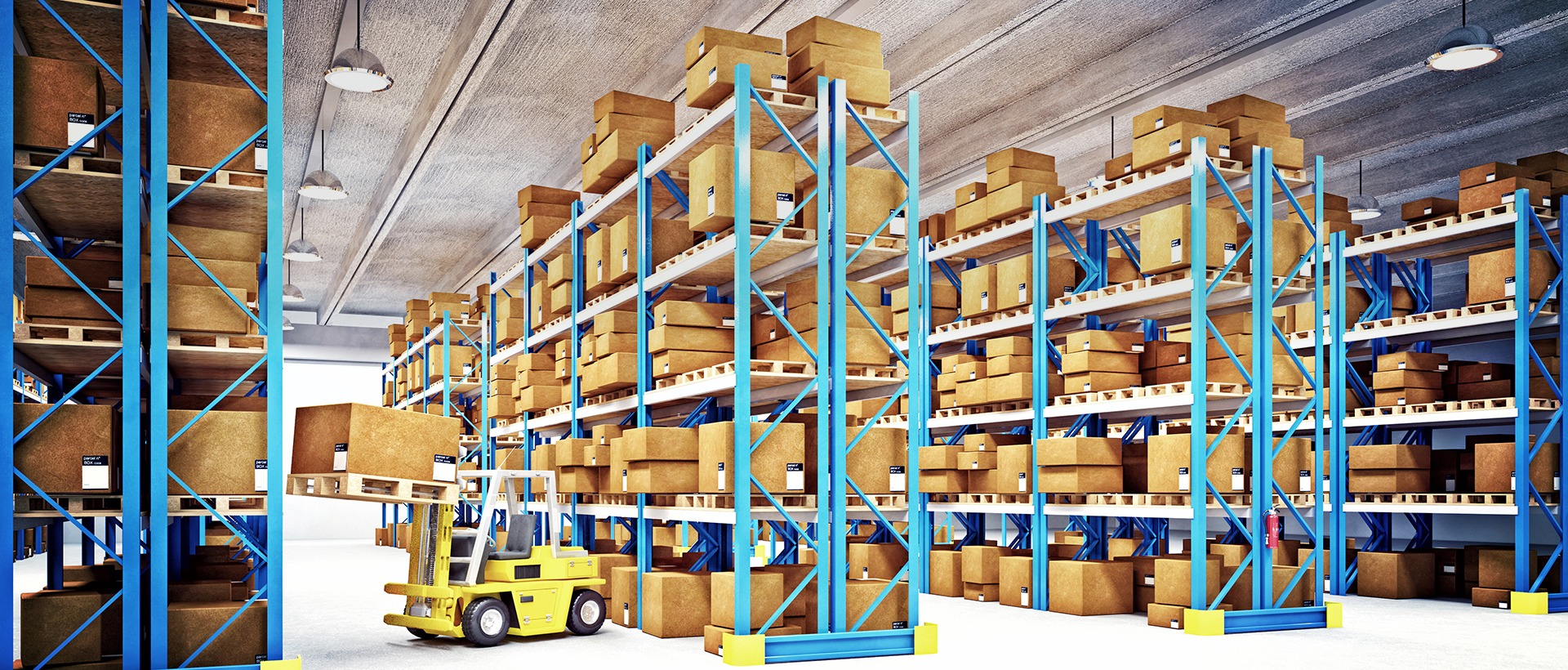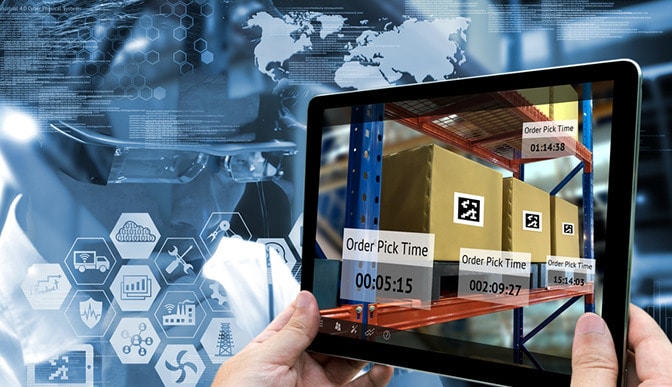Process optimisation logistics
REDUCE LOGISTICS COSTS AND INCREASE SERVICE LEVELS
We support you in process optimisation
We optimise your logistics processes quickly and efficiently
Process optimisation is becoming increasingly relevant for companies in today’s world. Especially in the area of logistics, the focus is on the triggers of efficiency and effectiveness of processes in order to reduce costs and improve the quality of work at the same time. In addition to the triggers mentioned, the digitalisation and automation of processes play a decisive role in process optimisation. Many companies want to evaluate the potential in these areas by means of process optimisation.
Even if it is primarily about optimising the logistics processes, it is very important to consider the upstream and downstream processes such as purchasing, production, sales and the networked logistics IT. In the individual areas, the dependencies and possibilities for influence are enormous. They can decisively disrupt the entire process.
We accompany you throughout the entire process optimisation
We are at your side throughout the entire process optimisation, from the start of the process to its implementation. In addition, we check the implemented measures for their effect, taking into account the following aspects:
- Are the physical processes being adhered to and carried out across the board in accordance with the specifications?
- What effects can be seen in the key figures?
- Are there still gaps between the defined measure and the current implementation?
- How are the new processes accepted by the operational staff?
Do you know the potential within your logistics processes?
Learn more about our process optimisation. We provide you with an overview of your overall logistics and support you in making decisions on how to align your logistics in a competitive and future-oriented manner.
Our approach to process optimisation
- 1. process recording
Our consultants carry out an objective assessment of the actual situation on site. All logistics processes are examined and surveys / interviews are conducted with the relevant employees.
The process recording takes place during ongoing operations, directly in the warehouse.
- 2. Evaluation process recording
The recorded potentials are clustered and evaluated. Within the evaluation, the effort and benefit is also compared for each potential. This procedure can be used to filter out quick wins for the processes. This comparison also facilitates the prioritisation of measures.
- 3. Potential verification
The evaluated potentials are verified in the “potential verification” with the corresponding contacts from logistics. If necessary, adjustments are made to the potentials and calculations.
- 4. Definition measures
In the “Documentation and definition of measures” phase, measures for implementing the process optimisations are developed and prioritised for the verified potentials. In addition, the results are visualised for the final phase.
- 5. Start process optimisation
Within the framework of the process potential analysis, both physical and systemic potentials are identified and goals are defined. In order to achieve the goals, it is important to prioritise all potentials as well as the implementation time and allocation of resources and responsibilities. On this basis, an overall project plan including milestones is drawn up and monitored.
- Goals and results
- Reduction of logistics costs
- Optimisation of communication channels
- Efficient utilisation of resources
- Increase in productivity
- Shortened process cycle times
- Increase in occupational safety
- Optimisation of space utilisation
- Increased adherence to delivery dates
- Inventory optimisation
- Reduction of the complaint rate
Optimise processes efficiently and sustainably
Questions and answers around process optimisation
In order to optimise a logistical process / workflow, the processes must first be recorded or known (inbound and outbound). There are now various methods, procedures and also tools to analyse the processes in the next step. In the medium to long term, we recommend the use of a controlling tool (BI tool). For an initial evaluation of potential, we use our specially developed process potential analysis, in which we evaluate each process according to time and costs and compare corresponding savings potential.
The awareness of “improving processes” should be present in all business areas. Logistics (inbound as well as outbound) offers numerous optimisation potentials like hardly any other area, as the internal flow of materials and information logistics can be constantly optimised by means of innovative technologies and modern concepts. Decisive competitive advantages can be achieved through process optimisation. After all, you always want to be one step ahead and not be overtaken by your competitors.
The costs of process optimisation naturally depend on which measures are necessary to optimise your processes. Our analysis includes a detailed investment cost and return-on-investment calculation. The ROI is based on a process potential analysis, which we carry out in advance. Our aim is to identify process potentials that require a small and manageable investment but achieve a large impact.
Process management includes various activities, such as process analysis, modelling, key performance indicators and benchmarking, process monitoring or process optimisation. In the area of process optimisation, there are different approaches and methods that can be used independently or in combination. Methods that have established themselves as sustainable instruments for the continuous improvement and monitoring of processes are:
- Troubleshooting
- CIP / Kaizen
- Lean production
- Lean Management
- Six Sigma



